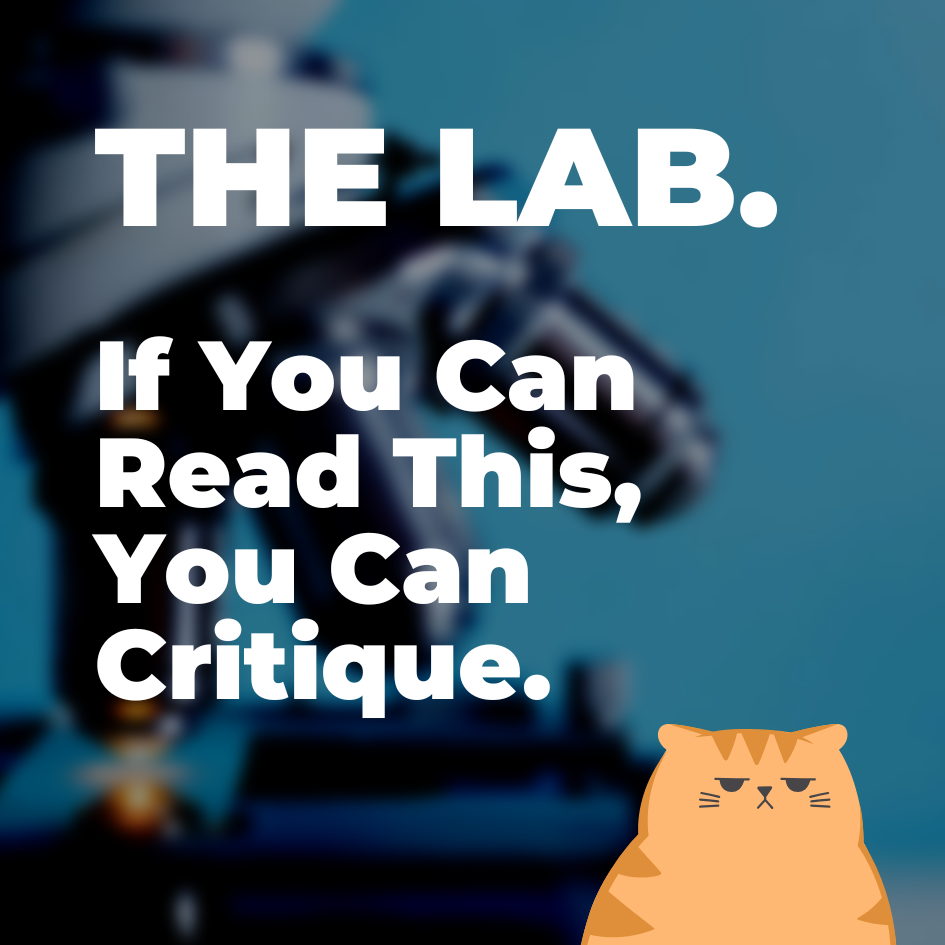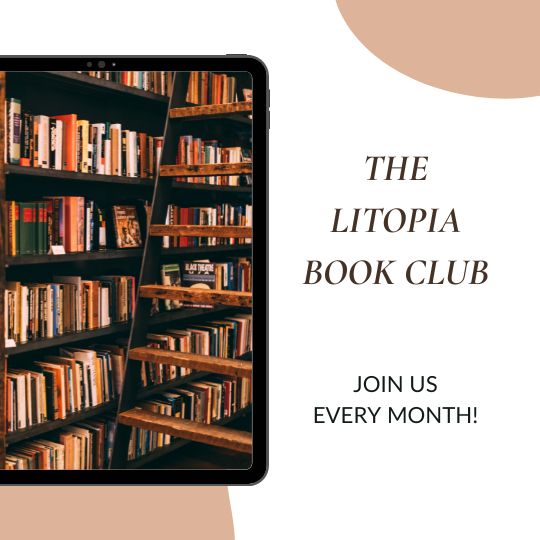Carol Rose
Basic
GENRE READER EXPECTATIONS – PART ONE
Welcome to another multi-part series in Craft Chat! This one will be at least two parts, but probably more. As I began writing this one, I soon realized the topic is so vast and cumbersome, I don’t want to overwhelm you with that much information in one post. I also don’t want to skimp on any of it. It’s too important.
In this part, we’ll examine the two largest genres – Romance and Science Fiction and Fantasy.
When we talk about reader expectations within specific genres, we must first talk about what that actually means. We must also preface any discussion with the fact that none of this is set in stone. What I’m going to give you is the most current information I can find today, and it’s mostly relevant to the US market. Doesn’t mean it isn’t useful if you’re submitting to UK publishers, but please bear in mind this series is more of an overview and a jumping off point than solid technique or instruction.
If you do a Google search for reader expectations in any genre, you’ll find dozens of links, and some of them will contain conflicting information. Why? Because there are no standards. This is fluid, and it changes with the country in which your publisher is located, as well as reader tastes. Reader tastes and preferences ebb and flow, based on societal norms, popular music, popular television shows, and a host of other variables we have little, if any, control over.
Consequently, this is both a frustrating and potentially obsolete topic. It’s a catch-22 for writers. If you don’t know what you’re writing, and aren’t able to identify that to potential agents and editors, they don’t know how to sell your work. If they don’t know how to sell it, they are less likely to take it on. If you’ve watched even one Pop-Up Submissions show, you already know Agent Pete talks all the time about a work needing to be commercial. What does that mean?
Well, it has to do with the work having the potential to sell in more than one medium. In other words, an agent is going to look at your work from the standpoint of not only will it sell as a book, but is there the potential for a movie, a TV show, or some other type of merchandising? Will it appeal to people outside the country in which it’s set?
Also, they are looking for where to slot your book on the shelves - virtual or brick and mortar. Why? This allows them to predict how it will sell against others out there like it. If they’re unable to figure that out, they will probably pass. They only make money if your book sells. And without being able to compare it to what’s currently selling, it can be difficult for them to guess how readers will react to it.
They aren’t out there trying to find reasons to reject a book. I see that notion put forth a lot – even on Litopia. And usually by people who are racking up rejections. It’s utter nonsense. This is their business. Their job. Their livelihood. They are looking for work they can sell. Period. It’s not personal to you or to any other writer, so please do yourself a huge favor and get over that idea. It simply isn’t true and never has been.
Writing in any genre brings the challenge of putting your own unique spin on it so it doesn’t sound like everything else out there. Some genres present more of a challenge to do this than others, because so much already exists. That’s why it’s so important to READ in the genre you’re writing. How else can you expect to know what’s currently selling, and what someone has written already?
The topic is also potentially obsolete because there are so many hybrid genres now that it’s almost pointless to talk about reader expectations in one specific genre. If you regularly watch Pop-Up Submissions, you already know people simply make up a genre if their work doesn’t fit neatly into one of the existing labels. That’s fine and well, but again, it makes it more challenging to predict selling potential.
Okay. Now that we’ve defined what this reader expectation stuff is, and why agents and editors find it important to identify, let’s talk about those labels. Where did they come from in the first place?
Great question. Both because they are arbitrary, and because it’s important to understand that they are also fluid. They have changed, and will change again over time.
For example, two hundred years ago when Jane Austen wrote her satires on the woes and worries of being an upper middle class single woman in search of a husband, the label Regency Romance didn’t exist. She was writing about contemporary times from her perspective. We gave them labels of Regency and Historical Romance decades later. But in reality, they are neither because when she wrote them, they were contemporary satires.
All the romances I’ve written in the past eight years may one day be called Historical Romances (assuming the books are still available somewhere out there to download and read!) because they will be set in the past. But when I wrote them, they were set in the present. My present.
The point of all this is that those genre labels are relative only to today’s publishing world. And yet, it’s important we understand them because when you submit to an agent or editor, they need to know you know where your book fits in with what’s currently selling. You need to know your audience, and you need to know their expectations.
To that extent, we have to talk labels and readers. Doing this shows an agent or editor that you understand the current publishing industry, and that you know who you’re writing to. That may change one day, but we can’t predict it. We need to deal with what’s expected right now.
Romance
I’m starting with this one because I understand it best for obvious reasons. For those of you who don’t know, I’m published in contemporary, historical, fantasy, science fiction, erotic romance. I have 95 publications under three pen names.
If you explore the romance genre today, you’ll find dozens of sub-genres. As a genre, in the USA, romance has been defined as such for over fifty years. The Romance Writers of America (RWA) was founded in 1980, and is the professional organization for romance writers across all sub-genres in the USA. The Romance Novelists’ Association (RNA) is the professional organization representing romance writers in the UK, and serves the same purpose as the RWA.
Both organizations define a ROMANCE as a story depicting a growing relationship that includes more than a physical one between two or more people, and which concludes with a happily-ever-after (HEA) or a happily-for-now (HFN). If those key elements do not exist in the story, technically it is not a romance.
However… we can all point to stories that are called romances but obviously stray from this formula. But I’m here to tell you that hard-core romance readers, for the most part, do not want writers straying from the key elements.
That being said, as the sub-genres and hybrid genres increase, there is a growing audience for less traditional romances. The advice I’m going to give you for writing in this genre, or in one of the many sub-genres, is to READ books like the one you want to write.
Really, as we stared earlier, that advice is true for any genre. You can’t know what’s selling unless you read, and unless you keep track by way of an organization such as Publishers Marketplace.
Almost all agents today tweet and blog. Follow the ones you want to target to keep current on what they’re looking for. You can’t expect to go online for one day and learn all you need to know about where to submit that 300,000 word historical thriller romance mystery you just wrote. That’s an unrealistic goal, and you’ve already set yourself up to fail. You need to know the market.
Do you also need to join professional writing organizations? Well, it can’t hurt. It will definitely give you contacts and information.
The RWA is one of the few professional writing organizations you can join without being published in the genre. So if you’re serious about becoming a romance writer, join it. The education and contacts alone are worth the membership fee. There are local chapters in nearly every US state, as well as dozens of online chapters to join, so you don’t even have to live in the USA to be part of this organization and an online chapter. To join a chapter you need to also belong to the main organization.
One quick note on romance versus erotica, because if you write romance, you need to understand this. They are NOT the same. I see these terms confused a lot everywhere. Even here on Litopia.
Erotica is basically porn. The relationship is all about the sex. Without it, there is no story. If you remove the sex, the story falls apart because the relationship in that story is only a physical one.
Romance, on the other hand, even that written in the sub-genre called Erotic Romance, is still a ROMANCE by definition. If you remove the physical relationship in the story, the romance between the main characters still stands. Erotic Romance isn’t termed erotic only because of the graphic sexual details in the story. It’s also called that because the language tends to be cruder or more graphic, and there is no closed-door sex.
Science Fiction and Fantasy
The professional organization in the USA for science fiction and fantasy writers is the Science Fiction and Fantasy Writers of America (SFWA).It was founded in 1965 for published authors and industry professionals in the fields of science fiction, fantasy, and related genres. To join you must be published in the field and have qualifying sales as outlined on the website.
There are numerous articles on the site describing specifics for various sub-genres, such as Middle Grade or YA science fiction or fantasy. I’ll be honest. The sub-genres are muddled, and they vary from the US to the UK.
Depending on which blog you read, you’ll find definitions of the sub-genres all over the board. And it’s way beyond the scope of this Craft Chat post to discuss them each in detail. There’s an excellent search function on the site that will help you narrow down current definitions for most of the sub-genres within these two huge genres, as well as US definitions for YA and Middle Grade within the genres.
Generally speaking, sci-fi readers and fantasy readers alike are very particular about keeping things pure. Writers, however, don’t like to do that. These are probably the two genres where you will see the most crossover and hybrids popping up.
Science fiction is fiction about science. The science might be invented, and it might be political science, psychology and sociology, electronics, or the type with beakers and skeletons. But all sci-fi revolves around a central what if question that addresses a deeper query. Sci-fi is generally set in the present or the future.
Stories in this genre are also frequently set on another planet, giving rise to the argument by some that those stories are more fantasy than pure science fiction. To further confuse matters, many prominent sci-fi writers dislike the genre’s name, instead preferring speculative fiction.
As with all the genres, READ the books out there with labels most closely associated with what you’re aiming to write. This will give you the best indicator of what’s currently selling. I’d also suggest if you’re writing in these two genres to take a look at the site linked above, even if you’re in the UK. Use the search feature. It’s free to look without joining. There are tons of useful blog posts to explore. Learning about reader expectations in your chosen genre takes work and time. Don’t skip this important step.
Fantasy has evolved into a massive genre with many sub-genres, but generally it is set in the past or the present. It often has a medieval setting, and may contain mythology or folklore elements, such as dragons, fairies, and elves. It can also be realistic but set in a fictional universe. This otherworld usually contains supernatural elements.
Fantasy has been described as wish fulfillment, and as a way to write about issues that are too sensitive to address directly.
Fairy tales, as well as various myths and legends, are often fodder for modern-day fantasy novels. Think Harry Potter and A Song Of Ice and Fire. Both series borrowed heavily from existing fairy tales, myths, and legends.
A good fantasy novel has the magic and mystery of a dream, combined with modern story-telling techniques.
THIS LINK is the best one I found so far that gives detailed information on the main sub-genres. Each is linked to more information and reader expectations, a list of the most common elements in the sub-genre, and examples of books written in the sub-genre.
As I said, there are many others. And you might easily find conflicting information on some of those linked above. It’s frustrating, especially if you’re just starting out and don’t want to sound foolish to others, but please don’t let that derail you. A lot of purism exists in both the writing and reading world. The truth usually lies somewhere in the middle.
What’s most important is that you do your research, and understand what’s selling that most closely resembles what you’re writing. Litopia has a huge number of fantasy writers and readers, so please post your work in the Writing Groups here on Litopia, and let us help you navigate this massive and hugely popular genre.
That’s it for now! Next time we’ll tackle a few more. I’m not sure yet which ones. I’m making sure I have adequate information to give you on the main, traditional genres. We won’t be covering the hybrids because there really is no consistent, reliable information on them at this point, and people are making up new ones every day.





